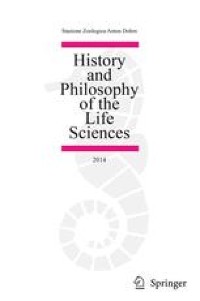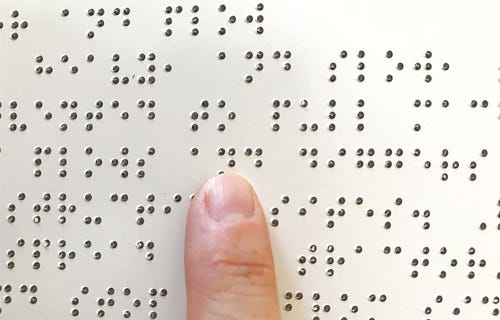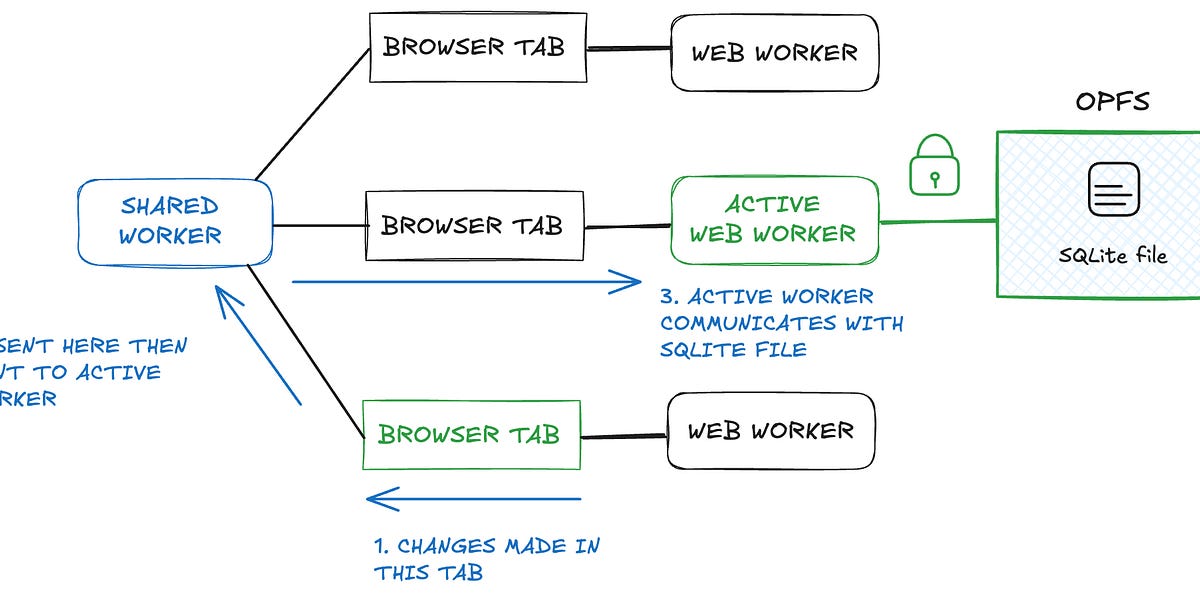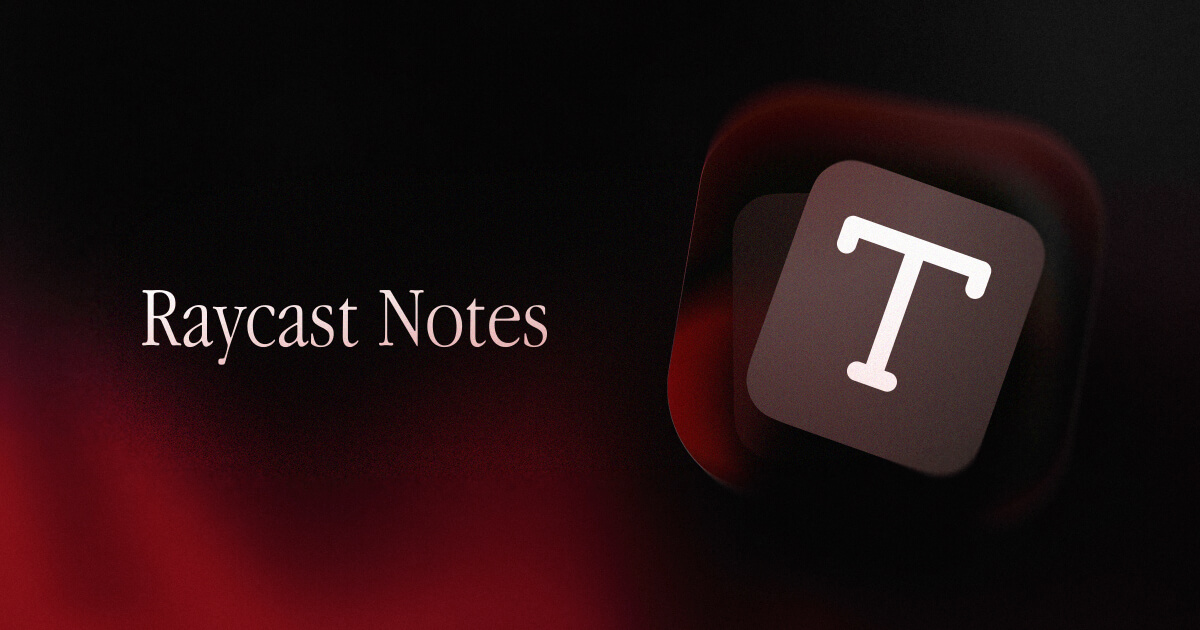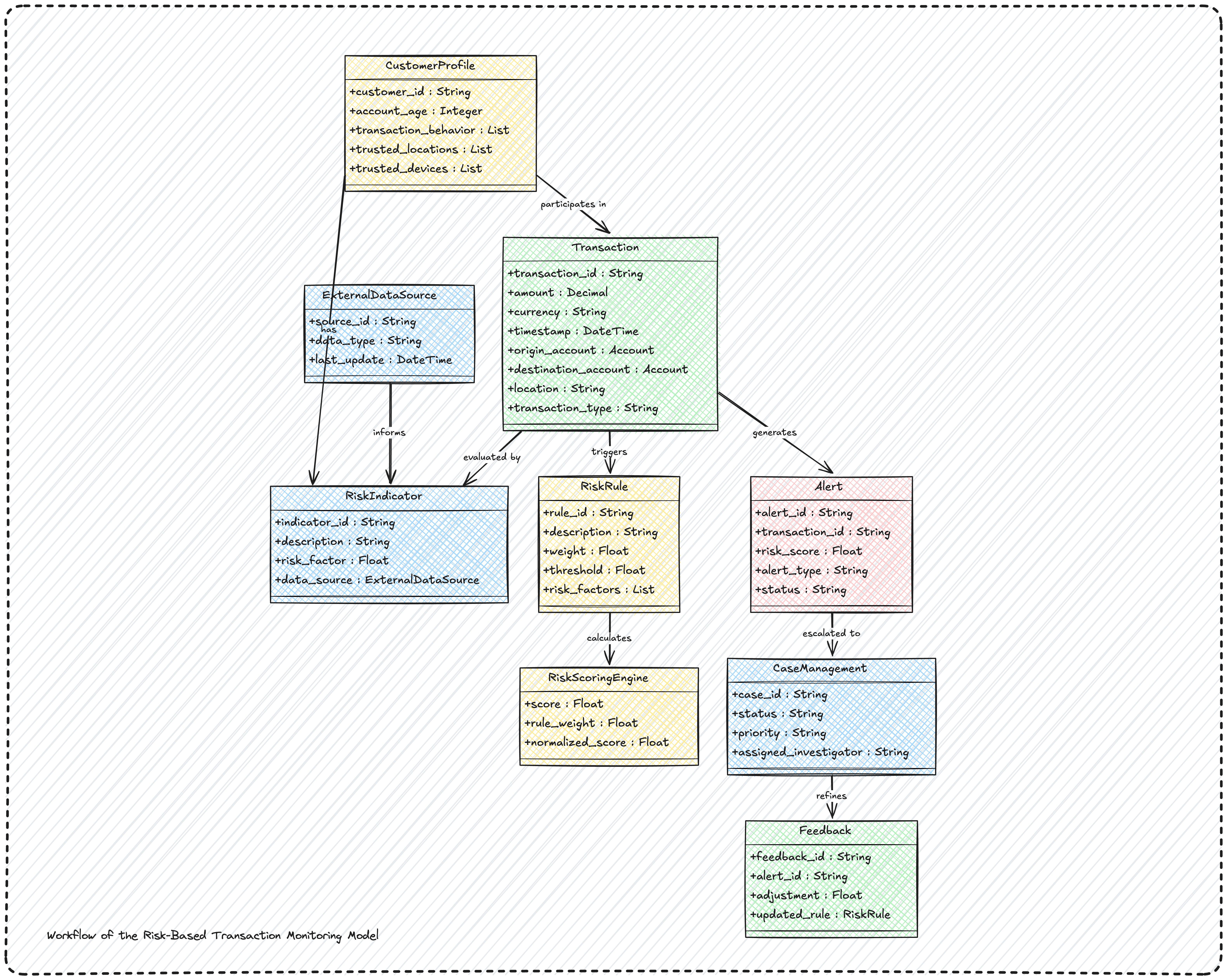
A Risk Orchestration Language (LROL) for Adaptive Fraud-Risk Models
An introduction to LROL, a modern rule definition language and flexible fraud-risk detection workflow designed for engineering and compliance teams.
As digital payments grow and real-time transactions become more common, fraud detection and risk management strategies must be adaptable and precise. Traditional fraud detection systems, often built on isolated, static rules, fall short in the face of complex and dynamic fraud tactics, requiring a more sophisticated approach. The Loci Risk Orchestration Language (ROL) addresses this need by providing a Domain-Specific Language (DSL) specifically for fraud detection and risk management.
As explained by Martin Fowler in this primer on Domain-Specific Languages (DSLs), DSLs offer the flexibility to create specialized languages for specific domains, simplifying complex operations and making them more adaptable. LROL leverages this DSL structure to offer a standardized, modular way to define, document, and audit fraud-risk strategies, enhancing flexibility and transparency for compliance and risk management teams.
Unlike traditional fraud detection approaches, which rely on rigid “if-then” conditions, ROL is designed to be adaptable, expressive, and modular, addressing the evolving needs of modern financial services. Key objectives of ROL include:
